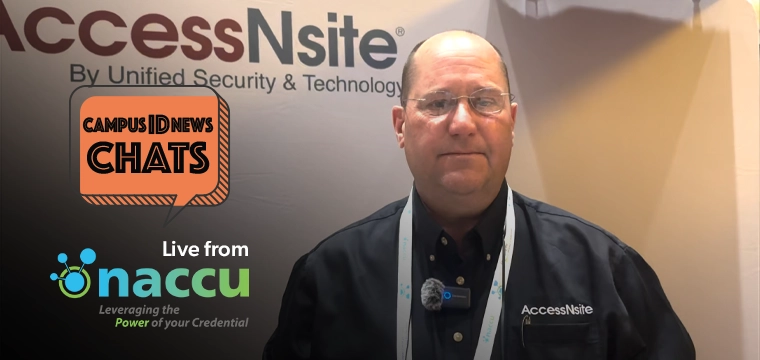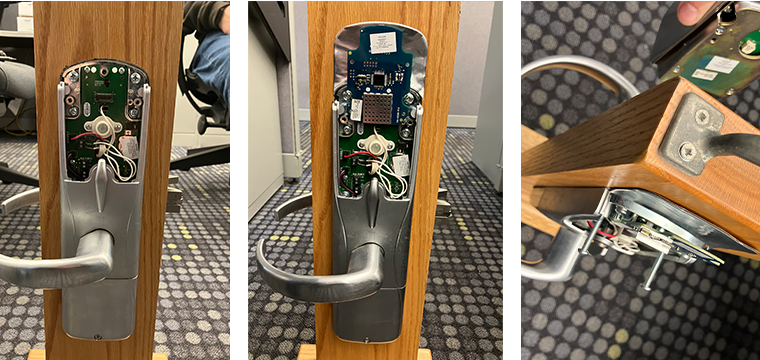For most of us, the new HIPAA regulation has simply meant signing a privacy form, sometimes several, on a visit to a doctor or hospital. But, of course, it is much more. And the Smart Card Alliance (SCA), in one of its latest white papers, wants to show how smart cards can help secure all that medical information that HIPAA is so intent on preserving.
While the Health Insurance Portability and Accountability Act (HIPAA) was adopted seven years ago, the rules and regulations to implement the act have only recently been implemented.
The act aims to standardize electronic data interchange with the hope that this will improve healthcare delivery efficiency and provide better confidentiality of health records.
In essence, all “electronically protected health information” must be secure from any intentional or unintentional use or disclosure that violates HIPAA.
What better way to protect those records than through ID cards and smart cards? That’s essentially the purpose behind the SCA white paper which, according to its executive summary, is to show “how smart cards can be used to meet HIPAA security rule and privacy rule requirements.”
With the smart card’s processing capability and its memory, along with its ability to support multiple applications, smart cards have the flexibility to help an organization comply with HIPAA requirements.
“Health care organizations are actively looking for ways to lower administrative costs, increase security and make their information systems easier to use. We created this white paper as an educational overview for decision makers in health care organizations to show how smart cards can be used to support HIPAA compliance,” said SCA Executive Director Randy Vanderhoof.
Certainly, HIPAA has implications in higher education and campus card programs both for campuses with medical schools but also for onsite health centers.
The 46-page white paper details a number of smart health card implementations. It gives two U.S. profiles: the University of Pittsburgh Medical Center and the Mississippi Baptist Health Systems. Additionally, three global profiles are presented: the German health care card, the French health card, and the Taiwan health care smart card project.
According to the paper’s findings, smart cards have the ability to make information access easier for users while providing excellent security. They contain enough on-board memory that patients can carry their vital medical information with them in their wallet or purse. Thus, concludes the paper, smart cards and HIPAA would make an ideal bride and groom.
The paper can be downloaded free of charge, in pdf format, from the Smart Card Alliance’s web site: www.smartcardalliance.org.




